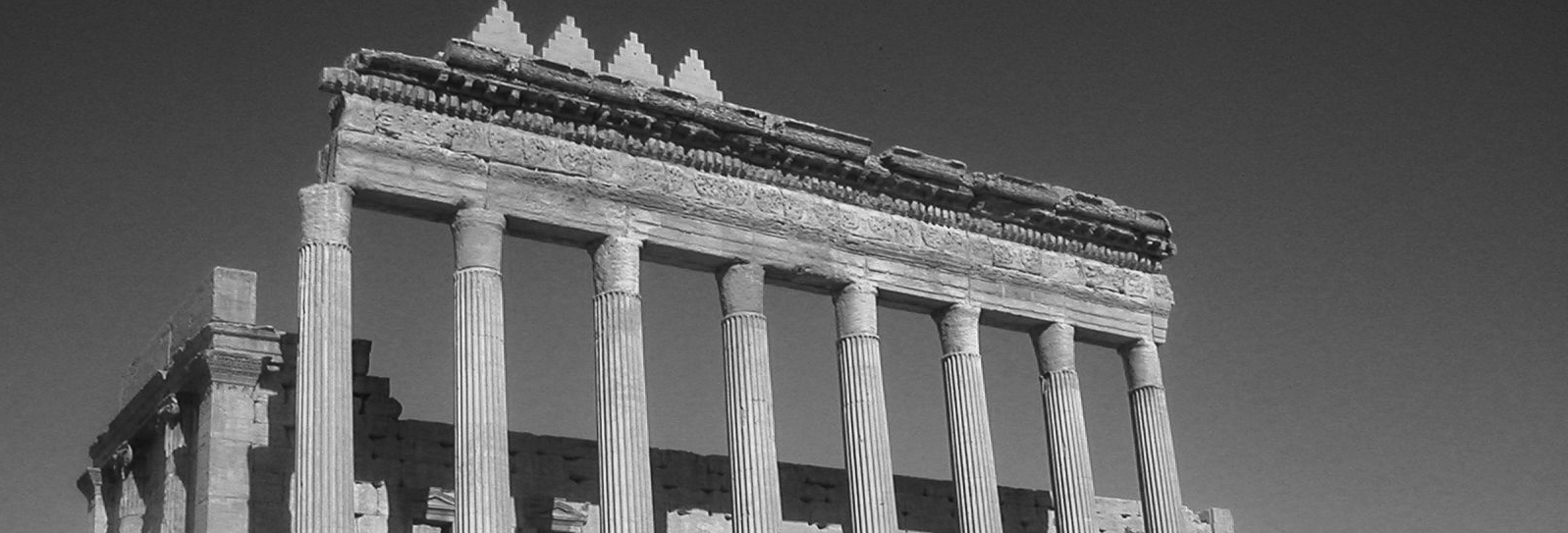

The “Archaeological Heritage Network” is a network of experts. It is not a new institution. The idea is rather to harness existing expertise and thereby to produce the necessary synergies. Multilateral projects are becoming ever more complex and require joint exertions, be it with regard to fundraising at international level or drawing greater attention to Germany’s involvement in this field. Cultural preservation as a topic has been gaining importance daily, not least due to the current situation in the Middle Eastern crisis zones.
The aim is not solely to preserve, protect and restore priceless monuments, but also to boost the economy by creating jobs, and thereby to contribute to stabilisation in the host and partner countries. The discourse on national and cultural identities is increasing in complexity in a rapidly changing world. This has a knock on impact on decisions regarding the approaches that should be chosen and the priorities that should be set for the preservation of cultural heritage.
Numerous specialists from the relevant international networks believe that a strong German Archaeological Heritage Network will have a positive influence on the development of sound cultural preservation concepts – which would in turn have a positive impact on research, teaching and training in Germany. With this in mind, it is vital to drive forward the development of this expertise. Only by so doing can we safeguard the basis for the successful preservation of mankind’s cultural heritage abroad.
The Archaeological Heritage Network (ArcHerNet) was officially founded on April 27, 2016 in the presence of Foreign Minister Frank-Walter Steinmeier. As a first of its kind the network bundles expertise in the cultural heritage sector abroad. The German Archaeological Institute coordinates the network.
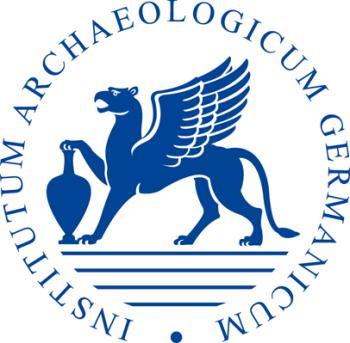
The „Baudenkmalausschuss des Deutschen Archäologischen Institutes“ is a panel of external experts and leading staff of the German Archaeological Institute (DAI). The panel is chaired by the elected representative of the building research department of the Central Head Office of DAI. Main task of the panel are the support and the consultation of conservation projects of DAI excavations and other DAI projects.
Webseite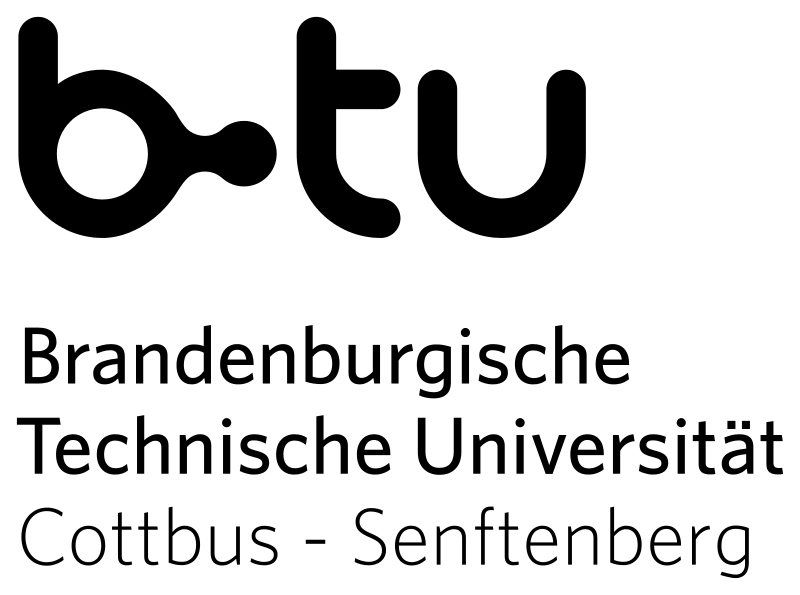
With around 9.000 students BTU is the second largest University and the only Technical University of Brandenburg. Within the project „Stunde Null“ BTU is involved in those university subjects, which belong to the Cultural Heritage Center. The Gerda Henkel Foundation supports the initiative of BTU to establish a PhD programme in the field of “Heritage in War: Concepts for Protection and Recovery” with two PhD grants for Syrian PhD candidates. The PhD thesis funded by these grants are focussed on “Perspectives for Aleppo: Safeguarding and Recovering the Cultural Significance of a War-Damaged City.”
Webseite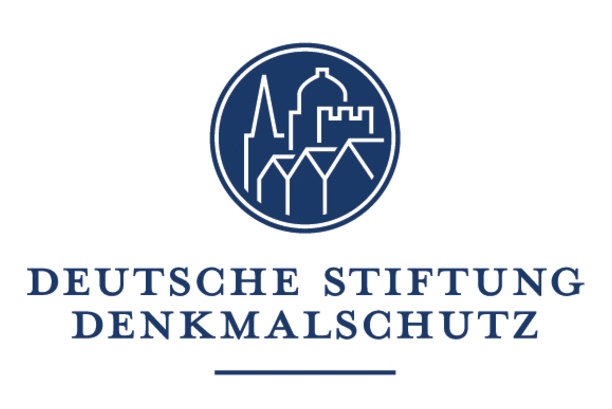
„Deutsche Stiftung Denkmalschutz“ is the largest private Initiative for the preservation of historic monuments in Germany. The foundation is dedicated to the nationwide preservation of endangered monuments of all kinds.
Webseite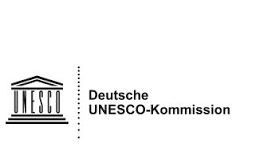
The German UNESCO Comission was founded on 12 May 1950 – even before the accession of the Federal Republic of Germany to UNESCO on the July 11, 1951. The German Commission for UNESCO is Germany’s intermediary organization for multilateral politics in education, science, culture and communication. Its task is to advise the Federal Government, the Bundestag and the other competent authorities on all issues arising from the membership of the Federal Republic of Germany in UNESCO. The DUK is funded by the Federal Foreign Office.

The DAAD is the world’s largest funding organization for the international exchange of students and scientists. The study programs on building research, conservation, site management or museology, which are funded by the DAAD and run jointly by universities in Germany, Egypt and Jordan, are to train for the future those experts who are required to make the right decisions in an “hour zero” and be able to act concretely and professionally. The DAAD, in cooperation with its partners British Council, Campus France and the Dutch EP-Nuffic, opens Syrian refugees in Turkey, Lebanon, Jordan, Iraq and Egypt access to education. In addition to language courses and short-term study places, more than 300 full scholarships are awarded in the region. Initially, 12 million euros will be available by 2019. The program is funded by the EU Trust Fund for Syria, the “Madad Fund”.

The German Archaeological Institute is a research institute founded in Rome in 1829 and the only subordinate federal institution in the business area of the Federal Foreign Office. It has its seat in Berlin and is organisationally assigned to the working group culture preservation (AS-KE). Its tasks are scientific research in the field of archaeology and its neighbouring sciences, cultural preservation and protection of cultural heritage as well as promotion of young scientists and international scientific exchange. The DAI coordinates the Archaeological Heritage Network (ArcHerNet) on behalf of the Federal Foreign Office and is active worldwide in numerous measures in the area of capacity building and awareness raising. In Rome, Athens, Istanbul, Cairo, Madrid, Tehran, Sana’a, Baghdad, Damascus and Beijing, the DAI maintains overseas departments. In addition, there are the not permanently occupied departments Lisbon, Budapest and Ulaanbaatar as well as national departments in Berlin, Frankfurt, Munich and Bonn. The DAI sites, with their libraries and research archives, are major centers of international archaeological research. The DAI also conducts research in up to 350 projects worldwide. DAI presence is thus not limited to the countries in which foreign departments are maintained, but is reflected in a large number of countries in the form of projects and institutional cooperations with universities, monument offices and research institutions. A central component of the research infrastructure of the DAI is the DAI-IT (iDAI.welt) digital services available and usable worldwide. The DAI is also a global scholarly network, since its central directorate has chosen internationally important researchers and cooperation partners as corresponding members since its beginnings in the 19th century. Through its activities, the DAI promotes intercultural dialogue and promotes the understanding of identity and culture in a globalized world through perspectives on the past.

Since its founding in 1973, the “Deutsche Nationalkomitee für Denkmalschutz” has been a roof at the federal level for the preservation of monuments. The Federal Government, states, municipalities, churches, specialist organizations, associations and private citizens’ initiatives work together in the German National Committee for the Preservation of Historic Monuments: a national interface and platform for the interests of the preservation of monuments and the preservation of archaeological and historical monuments as a cultural and social core task in Germany. As a technical and political body, the DNK significantly influences monument politics in Germany and is an interface between the scientific level, governments and administrations.
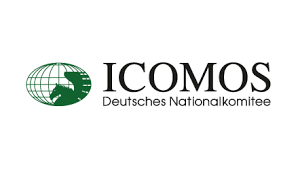
ICOMOS is an international non-governmental organization that works worldwide for the protection and preservation of monuments and heritage sites and the preservation of historical heritage. ICOMOS participates as a consultant and appraiser in the work of the World Heritage Committee and in the fulfillment of the UNESCO World Heritage Convention. National committees already exist in more than 120 countries, and ICOMOS also has more than 25 international scientific committees. The German National Committee of ICOMOS is committed to the preservation of monuments, ensembles and cultural landscapes on a national and international level.[/
Webseite
The Gerda Henkel Foundation is one of the largest science foundations in Germany. Since its founding in the summer of 1976, it has been promoting research in the field of historical humanities. So far, around 6000 research projects with more than 120 million euros have been supported worldwide. The core areas of funding activities – support for research projects and the awarding of doctoral and research scholarships – have repeatedly been extended to include further funding initiatives. These include special programs such as “Security, Society and the State” and “Islam, modern nation-state and transnational movements”. Currently, various funding projects support endangered and fledged scientists. For the years 2015 and 2016, two million euros are available for researchers in crisis areas. On the one hand, the subsidies apply to local actors who want to develop and implement cultural preservation projects in their home countries. On the other hand, scientists who have fled to Germany should be able to continue their academic education through scholarship offers.[/
Webseite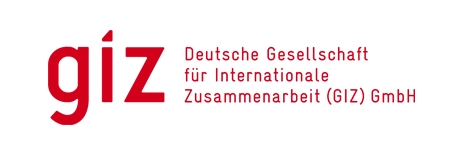
Die GIZ is a global service provider of international cooperation regarding sustainable development. With more than 50 years of experience, GIZ provides expertise in fields such as economic and employment promotion, energy and environmental issues and the promotion of peace and security. Capacity development is one of the core tasks of the company and its predecessor organizations. GIZ advises people and organizations worldwide on learning and change processes and supports people in acquiring specialist knowledge as well as action and steering competence.[/
Webseite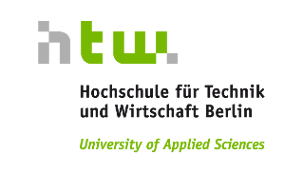
The largest Berlin University of Applied Sciences offers a wide range of subjects with around 70 study programs in the fields of technology, computer science, business, culture and design. The HTW Berlin has many years of expertise in the protection of cultural assets with its degree programs Conservation and Restoration / Excavation Technique, Museology and Documentation as well as Landscape Archaeology.
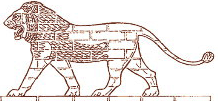
The Koldewey Society sees itself as an academy of scientific exchange for all areas of architectural history research right up to the 20th century. Its objectives are the promotion and implementation of projects in all areas of building research and excavation. The participation in matters relating to the preservation of art and monuments and the involvement of trained architects in such research in co-responsible leadership positions is key in work of the Koldewey Society, as well as trainings in the field of building research and the initiation and cultivation of international linkages and cooperations.
Webseite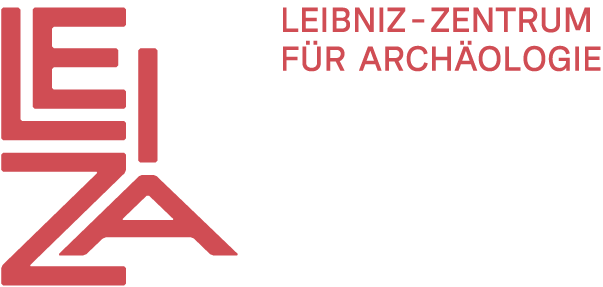
The Leibniz-Zentrum für Archäologie (LEIZA) is an international research institution for archaeology. On the basis of all available sources, it explores man and his actions in his natural and cultural environment, from the Palaeolithic to the Middle Ages. In doing so, it combines the humanities and natural sciences with the inclusion of its restoration expertise in an interdisciplinary approach. The LEIZA is a research museum of the Leibniz Association and has a long tradition of training conservators in its major workshops.
Webseite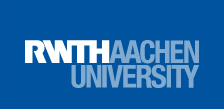
The Technical University Aachen (RWTH) is one of the largest technical universities in Germany with around 43,000 students. At the Faculty of Architecture, a collaborative research field has set itself the task of contributing to the long-term safeguarding of cultural heritage, especially in times of forced urbanization. RWTH is also home to a UNESCO Chair for Urban and Cultural Landscapes in the World Heritage.
Webseite
The Stiftung Preussischer Kulturbesitz (Prussian Cultural Heritage Foundation) is an internationally renowned cultural institution and an important player in the humanities and the social sciences. It includes libraries, research institutes, archives and museums. One of these museums is the Museum of Islamic Art. It is one of the most important and one of the oldest collections of its kind. The Museum of Islamic Art is one of the leading research institutions in its field and is involved in the areas of restoration, cultural heritage in the countries of origin, international cultural exchange and (inter-) cultural education in Germany.
Webseite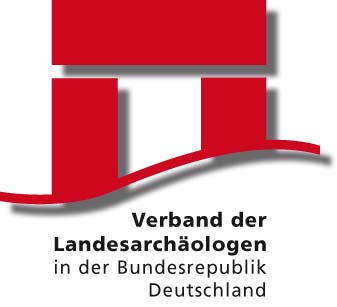
The “Verband der Landesarchäologen” was founded in 1949. After the German reunification in 1989, the state archaeologists of the new federal states joined the association. The aim of the association is to offer the representatives of the state archaeologists a common nationwide platform for the exchange of experience and technical discussion regarding the archaeological preservation of monuments. The board of the association represents the interests of the archaeological preservation of monuments at various committees, as eg. in the “Deutsches Nationalkomittee für Denkmalpflege”(DNK) and at the “Ständige Konferenz der Kultusminister der Länder in der Bundesrepublik Deutschland”(KMK).[/
Webseite
In 1990 the association “Friends of the Old Town of Aleppo” was founded in Stuttgart. One of the most urgent needs in Syria is immediate humanitarian aid – but, in addition also, giving people a roof over their heads both in the short-term as well as the long-term. The aim of the German-Syrian initiative was to help create decent housing in the old town while preserving it. In the course of the armed conflict, a working group has formed, which has set itself the goal of developing the reconstruction of the old city of Aleppo in dialogue with the new town. [/
Webseite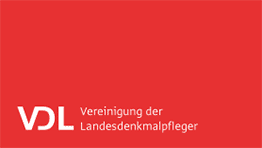
The “Vereinigung der Landesdenkmalpfleger” was founded in 1951 under the umbrella of the “Kultusministerkonferenz” (KMK) as a transnational association of the West German monument specialist authorities. The association of national state conservators was joined after 1989 by the conservation authorities of the federal states of Eastern Germany. For 200 years, it has been its task to preserve the historical heritage for future generations. The scientific registration of the building and art monuments began in 1870 with the monument inventory for the province of Hessen-Kassel. The first German Monument Day 1900 in Dresden was a milestone for Germany. The tradition of monuments days continues today with the annual meetings of the “Vereinigung der Landesdenkmalpfleger”. In 1899 the magazine „Die Denkmalpflege” was founded, which reports to this day on the work of preservation of monuments in the German federal states.
Webseite